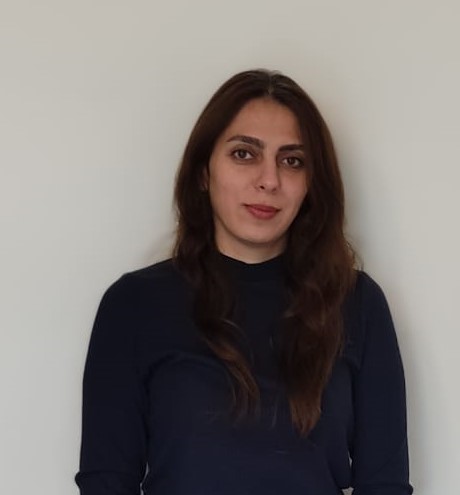Scanning plastic for a clean planet
Fahimeh Pourmohamady

After obtaining her bachelor's degree in Mathematics in Iran and her master's degree in Artificial Intelligence, Fahimeh (34) wanted to specialise further. "I chose the city of The Hague, because the Netherlands is a pioneer in the field of AI. The Next Level Engineering master's degree programme offered me the opportunity to use this knowledge in a multidisciplinary environment."
“It was highly interesting to apply the theory of artificial intelligence in practical projects. To work with students from different backgrounds, who all think differently and come from different cultures, is an enriching experience. Not only is it important to acknowledge these differences, but also to appreciate them and to share knowledge with each other.”
Plastic litter
Fahime’s thesis focused on the use of machine learning in order to detect different types of plastic waste using infrared light. About 90% of all plastic litter in the world belongs to 1 of 6 different types of plastic. “To recycle plastic, you need to know what type of plastic you are dealing with. This is because different types of plastic cannot be mixed in the recycling process.”
Cheap alternative
Fahime's aim was to make this process easily accessible. "The detection process is complicated and can only be performed by large recycling companies. The equipment is also very expensive. This makes it impossible to detect plastic and recycle plastic in many places in the world." The objective of the project was to develop accurate equipment to speed up this process. Equipment that is affordable, portable, and remotely operable.
Infrared light
Challenging was the fact that detection is done by reading out the spectrum of infrared light reflecting from the plastic. Interpretation of these data requires extensive knowledge. Thanks to the use of machine learning, this interpretation is automatic and the instrument can be used by everyone. Fahimeh: “For example, by someone in a developing country, picking up plastic litter on the beach with a portable tool. After a scan, the collected plastic can be sold locally to a recycling company.”
Cleaner planet
These tools were designed a few years ago by the Plastic Scanner Company. Fahime made the scanning software more accurate with use of AI software. Furthermore, by looking at how the devices themselves can be made more efficient, they will become cheaper and easier to use in the near future. “Although the scanning equipment contributes to a cleaner planet, I think it is primarily important to reduce the global use of plastic.”